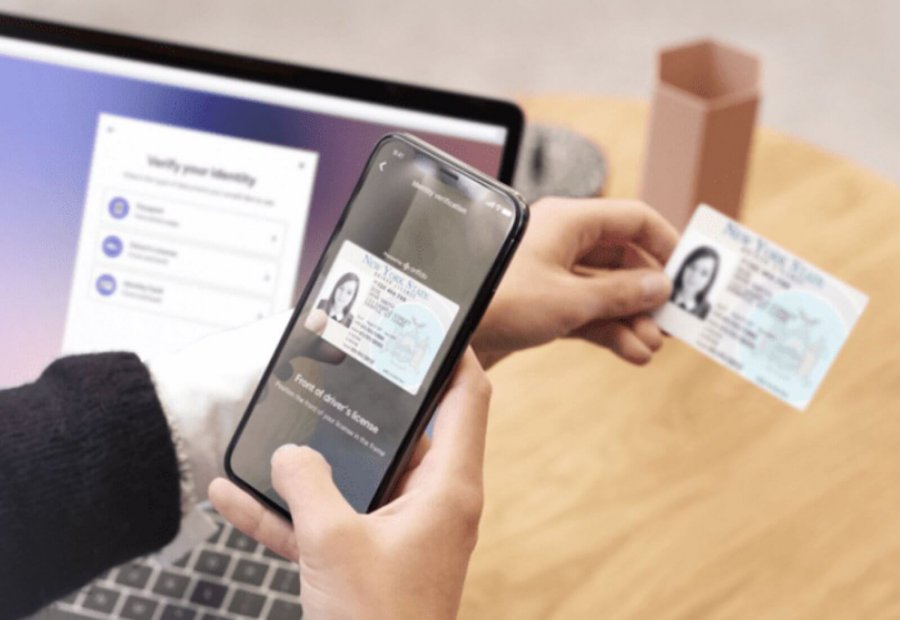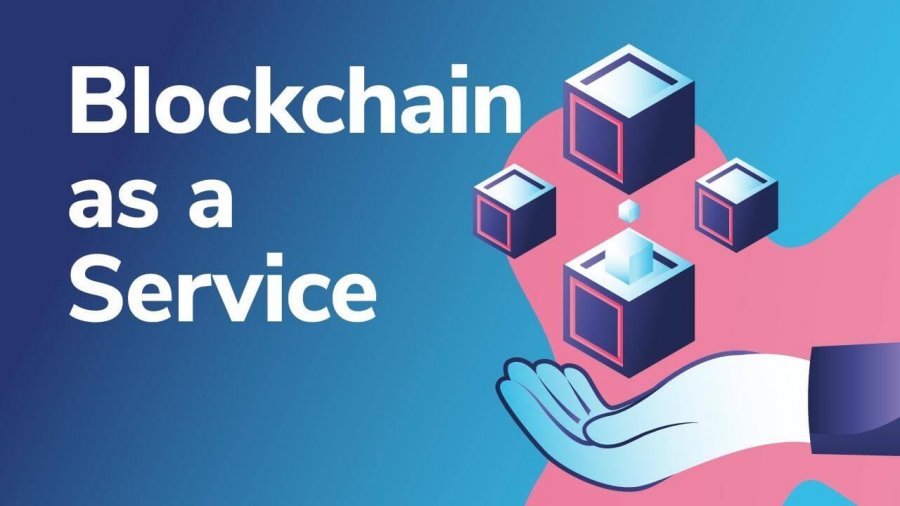The Internet has become mainstream in the modern day. With the emergence of the digital era, various cyber threats have come into the bigger picture.
Consider it as
Have you ever landed upon a site, searched about different products, and then saw related ads on different sites you visit? Well, that’s a result of cookies retention by different sites. Not only can these cookies store your browsing behavior, but confidential information as well.
“About 40% of the netizens became a threat to phishing, SMiShing, adware, and card data theft. The attack impacted big tech giants including Yahoo, Uber, and many more.”
The year 2017 was declared as the year of cyber attacks, and 2018 has already proven to be the year of AI-powered cyber attacks. Therefore, today in this article, we are going to reveal the top tricks to protect your privacy from the hackers, identity thieves, data sniffers, blanket surveillance, and more cyber threats.
Top Ways to Protect Your Privacy Online
2-Factor Authentication
Today, just having a username and password does not count in securing an account. The reason lies in the fact that hackers can always find a way to circumvent the login credentials that aren’t secured.
Considering how important it is to manage your passwords, the 2-Factor Authentication can assure a reliable protection to your account. The two-factor authentication is also referred to as the 2-Step verification. In essence, the two-factor authentication verifies that a person accessing an account is authentic.
The two-factor authentication is easy to activate. The most popular sites offering two-factor authentication include Facebook, Google, Twitter, WhatsApp, and many more.
Use an HTTPS Browser Plug-In
Visiting the HTTPS version of the site can be the safest option. It ensures that the server you connect doesn’t decipher the confidential information of yours.
In this way, your connection to a website becomes safe and secure against any hacking attacks. Having said, organizations like Electronic Frontier Foundation (EFF) offers specific HTTPS Everywhere plugin that guarantees a safe access to the HTTPS version of different sites.
In addition, you can choose an alternative browser that can let you access the web while securing your online privacy. For instance, browsers such as Epic Privacy Brower, Iridium Browser, and some more offer browsing in an anonymous and secure way.
Don’t Get Fooled By Emails
Various cyber attacks have proven that humans can become the weakest link in the online security. Open platforms like an online live chat and others can be dangerous. The reason lies in the fact that we are triggered by feelings, emotions, empathy, desires, and needs.
The cybercriminals tend to disguise through email and perform a cyber attack. The most common attack is ‘phishing’ that involves sending emails to netizens that can reveal personal information.
Phishing attacks can be done through bank notifications, surveys, job interview ads, shopping promotions, and more ways.
Securing Social Media Channels
Although there are various reasons for a business to build a website, social media channels have emerged as the mainstream source to communicate with the target audience.
On another hand, hackers and cybercriminals have become active on the social media to steal personal and confidential information of the subscribers.
Keeping in view the threats to subscribers’ data privacy, it’s essential to turn off the automatically share location option, making yourself secure from the eyes of cyber goons. Never save your login credentials, and use a VPN when accessing social media accounts in public places like coffee shop, airport, libraries, and other locations.
Final Words
Online security has become a debatable topic. Cyber attacks are increasing widely around the world, making netizens feel helpless and surrender their personal information. In the midst of the unsecure online world, it is essential that you protect yourself against the cybercriminals.
This guide highlights the best ways to protect your information online. If you think, we have missed any other best option to protect information online, then feel free to mention it.


























Leave a Reply